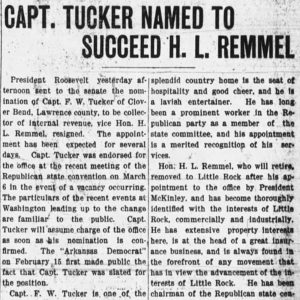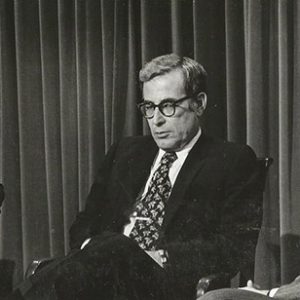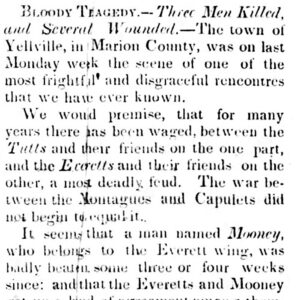Entry Category: Government and Politics - Starting with T
 Frank Tucker Appointment
Frank Tucker Appointment
Tucker, Jim Guy, Jr.
aka: James Guy Tucker Jr.
 Tucker / Bumpers
Tucker / Bumpers
Turner, Grover White “Buddy,” Jr.
Turner, Jesse
Tutt-Everett War
aka: King-Everett War
 Tutt-Everett War Story
Tutt-Everett War Story




